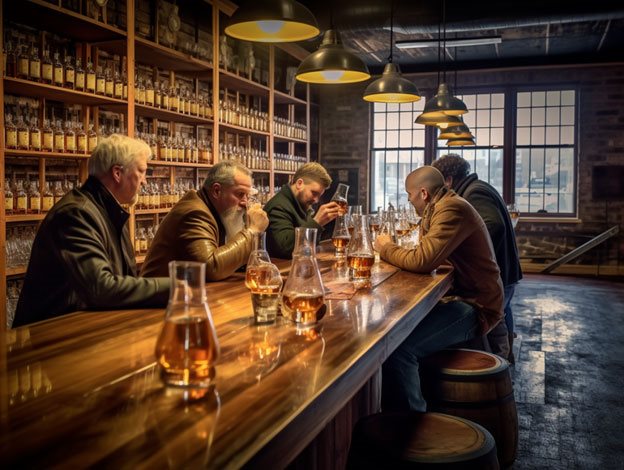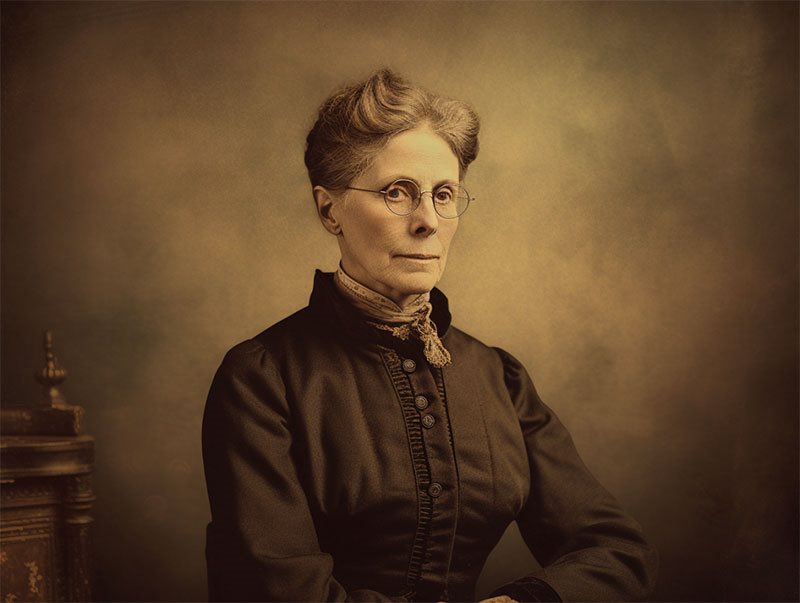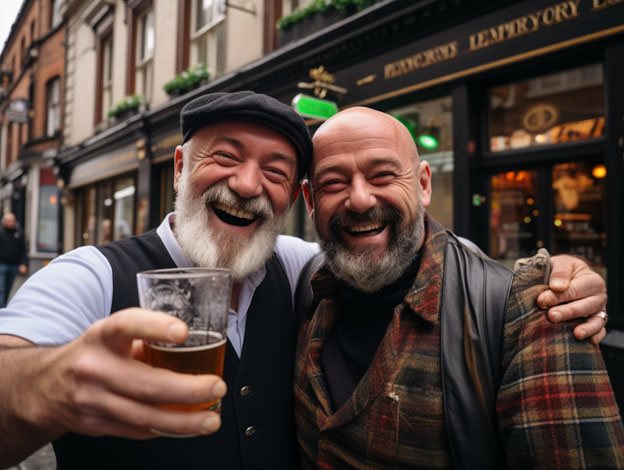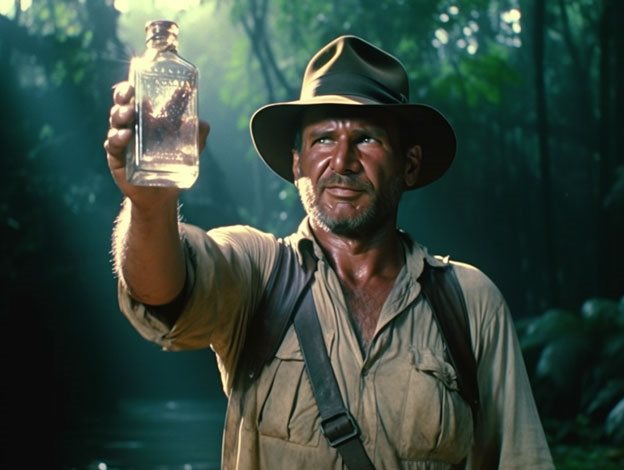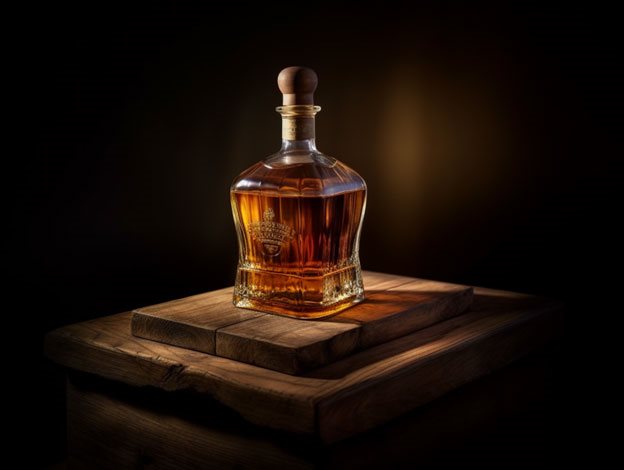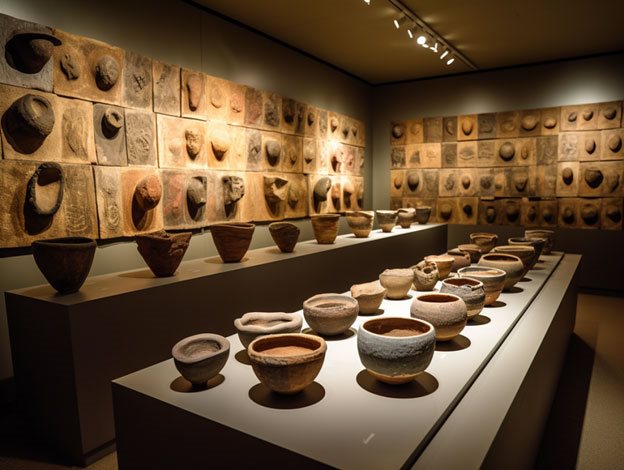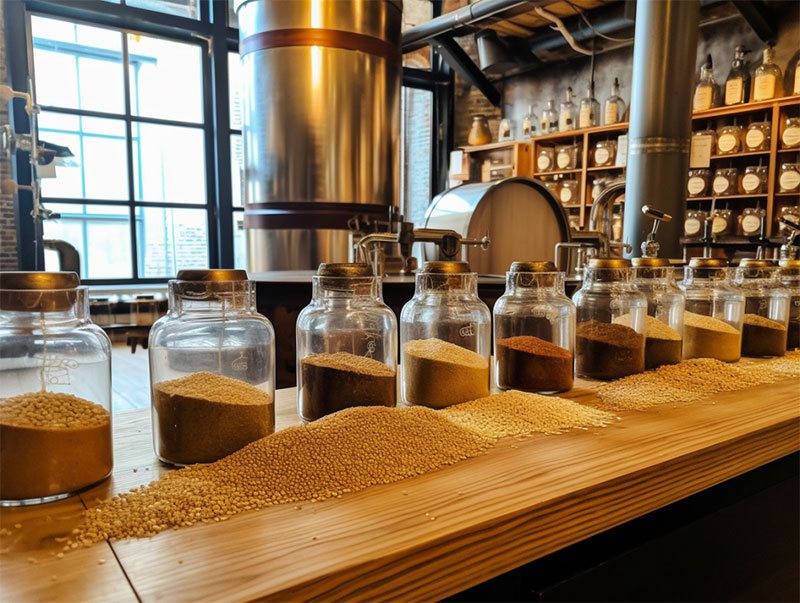While women were instrumental in initiating the Prohibition era, they also played a significant role in its repeal. The societal and cultural shifts during the 1920s and early 1930s saw several prominent women revise their perspectives on Prohibition, advocating instead for its end.
Pauline Sabin – From Prohibitionist to Repeal Activist
Pauline Sabin, a prominent society figure and the first woman to sit on the Republican National Committee, was initially a supporter of Prohibition. However, over time, she grew disillusioned with the unintended consequences of the 18th Amendment, such as the rise in organized crime and the pervasive corruption it spurred (Okrent, 2010).
In 1929, Sabin founded the Women's Organization for National Prohibition Reform (WONPR), which argued that Prohibition was causing more harm than good. The WONPR grew rapidly, boasting a membership of over 1.5 million by 1932. Its influence was crucial in shaping public opinion and political policy towards the repeal of Prohibition (Rose, 1996).

Mabel Walker Willebrandt – Changing the Legal Landscape
Mabel Walker Willebrandt served as Assistant Attorney General from 1921 to 1929 and was in charge of enforcing Prohibition. Despite this role, she became an outspoken critic of Prohibition's practicality and implementation. She argued that the law was inconsistently enforced and often easily circumvented, leading to disrespect for the law in general (Pegram, 1998).
After leaving her government position, Willebrandt wrote a series of articles for McCall's magazine, detailing the failures of Prohibition. Her inside perspective was instrumental in changing attitudes towards the law and its enforcement (Behr, 1996).
Influential Female Journalists and Writers
Several female journalists and writers, such as Lois Long of The New Yorker and Dorothy Parker, a renowned poet and writer, also played a role in shaping the discourse around Prohibition. Their writings often depicted the reality of the Roaring Twenties, featuring speakeasies and alcohol consumption as glamorous and enticing rather than immoral and unlawful. This cultural shift in perspective helped sway public opinion towards the repeal of Prohibition (Mezey, 2004).
Conclusion
In conclusion, women's roles in the era of Prohibition were not static; they evolved in response to the societal changes and the practical effects of the law. The actions of these prominent women played a significant part in changing public sentiment and ultimately influenced the passage of the 21st Amendment in 1933, which repealed Prohibition.
References
- Okrent, Daniel (2010). Last Call: The Rise and Fall of Prohibition. New York: Scribner.
- Rose, Kenneth D. (1996). American Women and the Repeal of Prohibition. New York: New York University Press.
- Pegram, Thomas R. (1998). Battling Demon Rum: The Struggle for a Dry America, 1800-1933. Chicago: Ivan R Dee.
- Behr, Edward (1996). Prohibition: Thirteen Years That Changed America. New York: Arcade Publishing.
- Mezey, Susan Rubinow (2004). Elusive Equality: Women's Rights, Public Policy, and the Law. Lynne Rienner Publishers.


